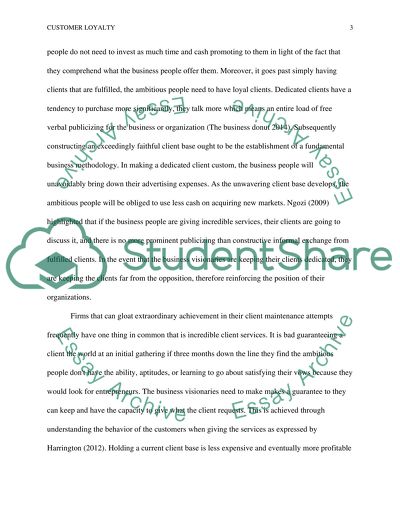Cite this document
(“Services Marketing Essay Example | Topics and Well Written Essays - 2000 words - 1”, n.d.)
Services Marketing Essay Example | Topics and Well Written Essays - 2000 words - 1. Retrieved from https://studentshare.org/marketing/1662992-services-marketing
Services Marketing Essay Example | Topics and Well Written Essays - 2000 words - 1. Retrieved from https://studentshare.org/marketing/1662992-services-marketing
(Services Marketing Essay Example | Topics and Well Written Essays - 2000 Words - 1)
Services Marketing Essay Example | Topics and Well Written Essays - 2000 Words - 1. https://studentshare.org/marketing/1662992-services-marketing.
Services Marketing Essay Example | Topics and Well Written Essays - 2000 Words - 1. https://studentshare.org/marketing/1662992-services-marketing.
“Services Marketing Essay Example | Topics and Well Written Essays - 2000 Words - 1”, n.d. https://studentshare.org/marketing/1662992-services-marketing.


